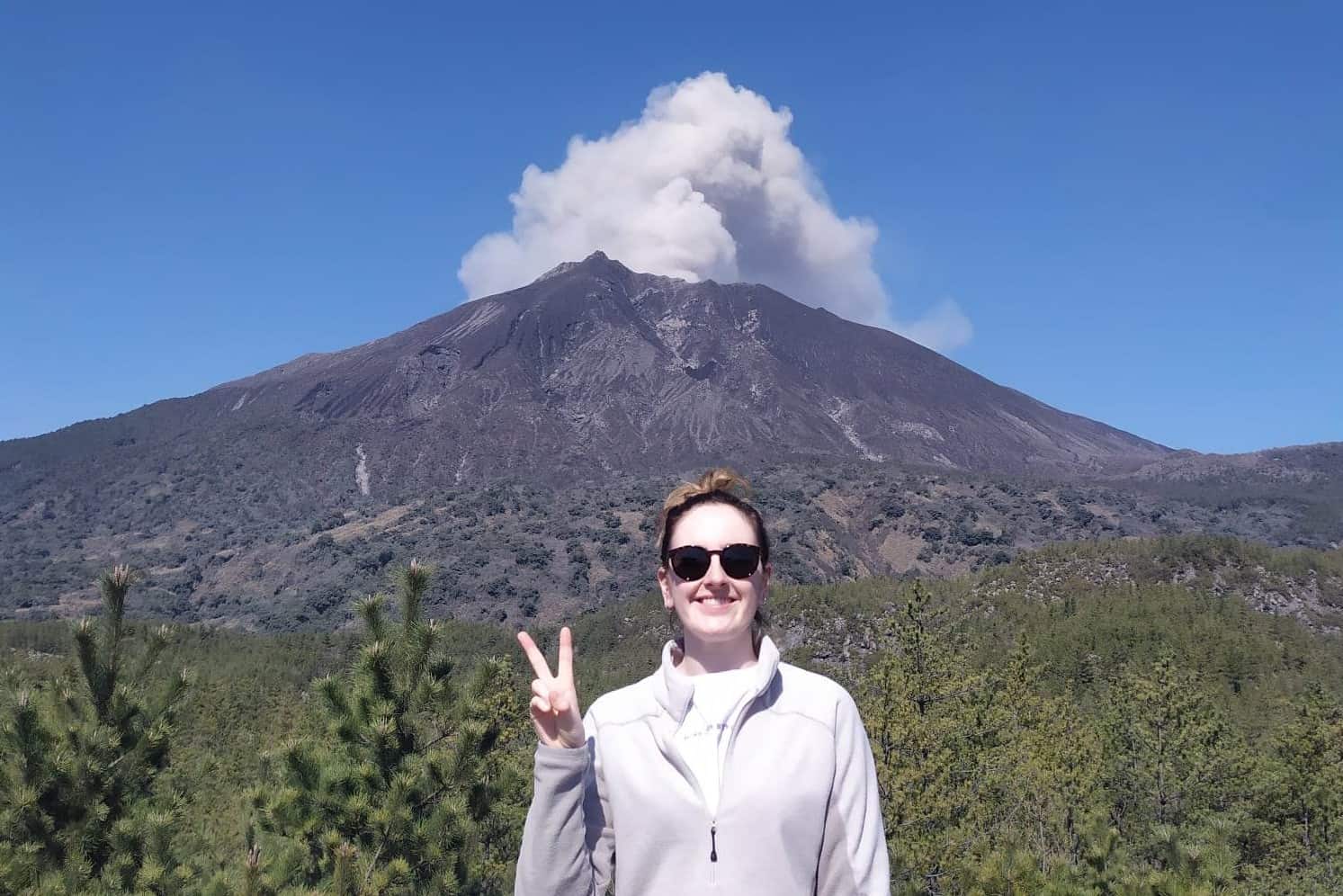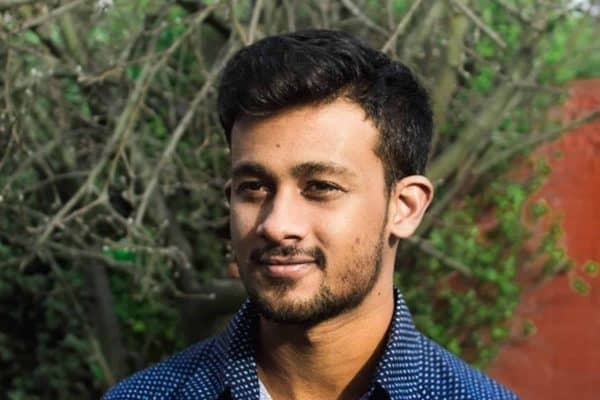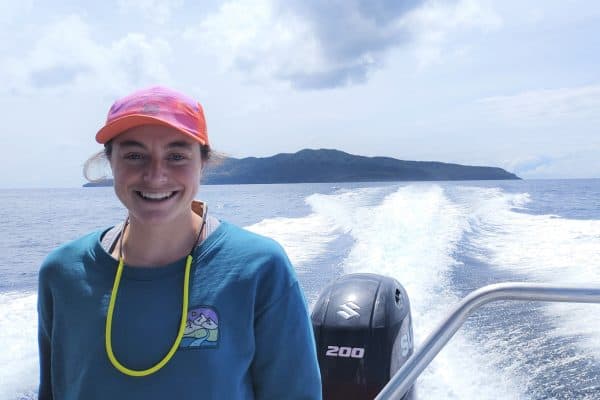Appropriate complexity of volcanic hazard models
I am from Christchurch, New Zealand. After experiencing the Christchurch earthquakes growing up, I found a passion in earth science and disaster risk. I went on to study a BSc in Geology and Geography at the University of Canterbury (UC), then onto a MSc in Disaster Risk and Resilience, also at UC. I now find myself at Massey university, living life up in Palmerston North.
My Project
Volcanic hazard models provide information on the possible spatial extent of a hazard, and therefore potential impacts. These volcanic hazard models have been tested against past eruptions, to make sure that the model can accurately simulate the hazard. However, no one has tested these models for a true forecasting purpose – if a model result is consistent with present and past observational data, there is no guarantee that the model will perform at an equal level when used to predict the future. My project aims to create a testing procedure to assess volcanic hazard models for forecasting future events by looking at whether more or less complex models are best suited to this purpose.
Next Steps
The biggest issue of my thesis is creating the testbed to assess volcanic hazard models and their ability to forecast. Methodologies exist in assessing models and their forecasting abilities, such as weather forecasting. However, volcanic hazards lie in the extreme end of the forecasting issue, there are substantial problems in data scarcity, volcanoes are all unique, and eruption dynamics all change. If my project can figure this problem out, or at least in part, it would be hugely beneficial to the development of forecasting future volcanic hazards.




